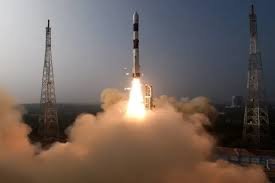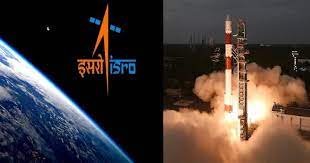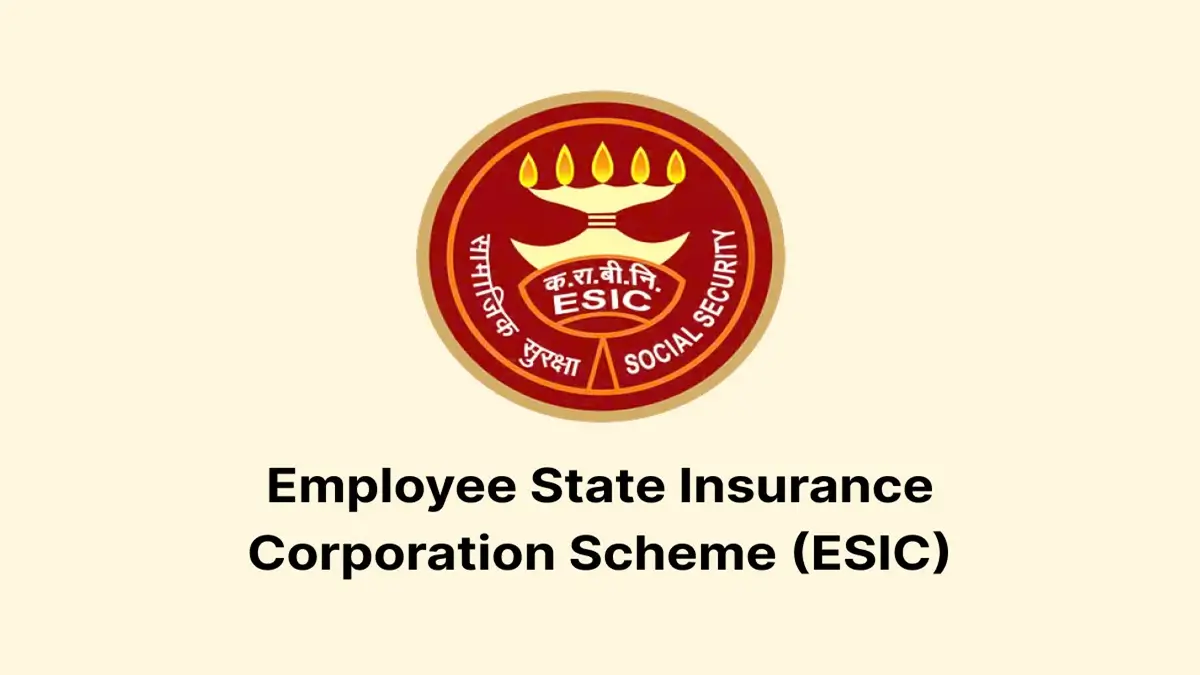ISRO Tests Fuel Cell on PSLV-C58’s POEM-3 Platform Successfully
The Indian Space Research Organisation (ISRO) achieved a significant milestone by successfully testing a fuel cell as part of the Payload Orbital Experiment Module-3 (POEM-3) platform onboard the Polar Satellite Launch Vehicle, PSLV-C58. This test marks a pivotal step towards advancing sustainable and efficient power generation technology for space missions.
The fuel cell, designed for the first time by ISRO, aims to harness energy from the reaction between hydrogen and oxygen, producing electricity and water as by-products. It promises a more lightweight and efficient power source compared to traditional batteries.

Why this News is Important:
Advancing Space Technology: The successful testing of the fuel cell on the POEM-3 platform underscores India’s commitment to innovation and advancement in space technology. This breakthrough brings promise for more efficient and sustainable power generation, vital for extended space missions.
Reducing Payload Weight: The development of a lightweight fuel cell technology presents a substantial advantage over conventional batteries. This advancement could significantly reduce the payload weight of spacecraft, enabling more instruments or scientific equipment to be carried during missions.
Historical Context:
The journey of ISRO’s technological advancements dates back to its inception in 1969. Over the decades, ISRO has made remarkable strides, including the launch of various satellites, lunar missions, and Mars Orbiter Mission (Mangalyaan). Each mission contributed to enhancing India’s prowess in space exploration and technology.
Key Takeaways from “ISRO Tests Fuel Cell on PSLV-C58’s POEM-3 Platform Successfully”:
| Serial Number | Key Takeaway |
|---|---|
| 1. | ISRO successfully tested a fuel cell on PSLV-C58’s POEM-3. |
| 2. | The fuel cell generates electricity from hydrogen and oxygen. |
| 3. | This breakthrough can lead to more efficient power solutions for space missions. |
| 4. | Lightweight fuel cells could significantly reduce payload weight in spacecraft. |
| 5. | It showcases India’s continued advancement in space technology. |
Important FAQs for Students from this News
Q1. What is POEM-3 in the context of ISRO’s recent achievement?
- A: POEM-3 stands for Payload Orbital Experiment Module-3. It refers to the platform onboard the PSLV-C58 where ISRO successfully tested a fuel cell.
Q2. How does the fuel cell tested by ISRO work?
- A: The fuel cell generates electricity through a reaction between hydrogen and oxygen, producing water as a by-product.
Q3. What are the potential advantages of using a fuel cell over traditional batteries in space missions?
- A: Fuel cells are lighter in weight compared to batteries, potentially reducing the payload weight of spacecraft and enabling more scientific equipment to be carried during missions.
Q4. What significance does this achievement hold for India’s space exploration efforts?
- A: This achievement showcases India’s advancements in space technology and its commitment to sustainable and efficient power solutions for future space missions.
Q5. How does ISRO’s recent accomplishment contribute to the field of space exploration?
- A: ISRO’s successful testing of the fuel cell marks a milestone in advancing power generation technology for space missions, promising more efficient and eco-friendly energy sources.
Some Important Current Affairs Links

















